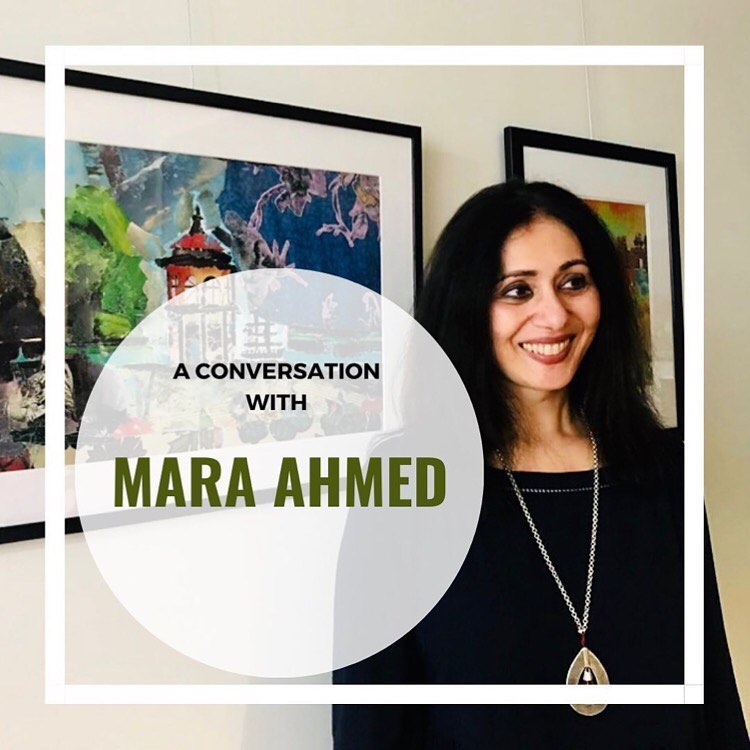
Borderless: An interview by Claudia Pretelin for Instruments of Memory
Ahmed’s maternal family is originally from Gurgaon, India, a city 20 miles outside the Indian capital New Delhi. At the time of the Partition, Ahmed’s mother was only 5 years old but, according to the artist, her mother “has vivid memories of her home in Gurgaon – the hand woven beds (with mosquito nets) that would be placed outside to temper summer nights, the plays that her older brother and his friends would stage, the swing that her father got installed in the central, open-air atrium of the house. This was the happy landscape of her childhood. She has never been able to go back.”
When Ahmed’s family moved to Belgium, she spent her early years in a white suburb as one of the few students of color and the only Muslim in her school. Of these first memories she recalled, “I think I never felt completely at home. In Belgium I learned to live with double consciousness, this keen awareness of how white people saw me but also of who I was on the inside, someone they couldn’t fully access. Once we left, in my teenage years, we didn’t return for decades. It was something that haunted me. I had recurring dreams of being back but not being able to find our apartment. Like someone says in ‘A Thin Wall’, it’s a permanent ache in one’s heart. After we went back to Pakistan, I felt relieved to be home, but I also felt disconnected. I think class was something that was much more jarring in Pakistan. It’s a society where rich and poor (and everything in between) come into contact frequently. I felt a little bit like an outsider, for example, I could never get comfortable with the domestic worker culture.”
Part I of interview published in Instruments of Memory on June 1, 2020, Part II published on June 15th.






Leave a comment